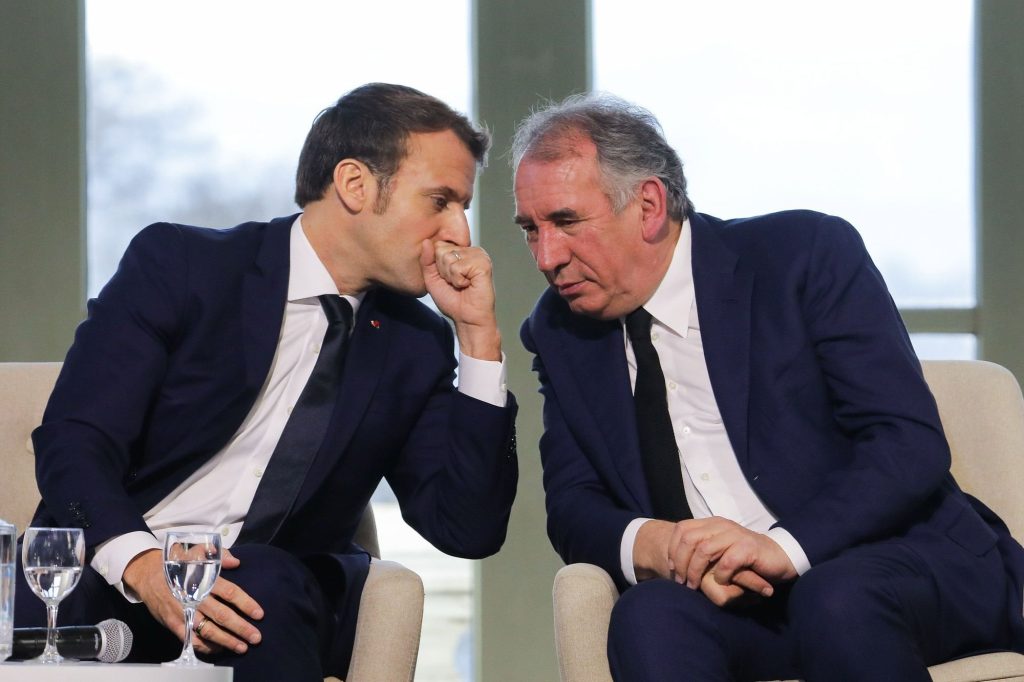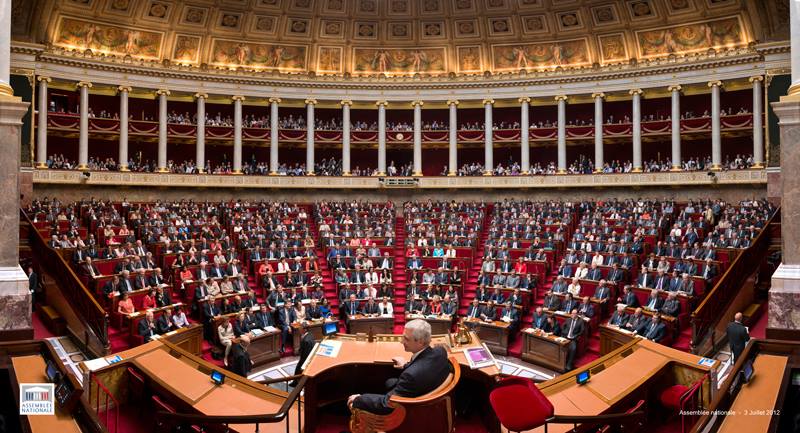French President Emmanuel Macron has named François Bayrou the country’s new prime minister, succeeding Michel Barnier, who resigned last week after a no-confidence vote.
Bayrou, a centrist politician and longtime ally of Macron, now faces the daunting task of bridging France’s deep political divides and addressing its growing budget deficit.
The budget deficit stands at 6.1%, exceeding the forecasted 4.4% for 2024. Bayrou must navigate the divided parliament where the left and right are expected to push their agendas for the 2025 budget.
Analysts predict a provisional budget may be agreed upon, rolling over the 2024 budget into next year to prevent a government shutdown.

Bayrou warned of “a long road” ahead, calling for unity and reconciliation.
“Everybody knows the difficulty of the task. Everyone says to themselves that there is a path to find that brings together the people instead of dividing them,” he told journalists.
Reactions To The New PM
EU chief Ursula von der Leyen congratulated Bayrou and urged him to work towards a stronger and more competitive Europe. “You have always had Europe at heart,” she said. Let us work together for a stronger and more competitive Europe, with the means to defend itself.”
However, opposition leaders expressed skepticism. Marine Le Pen, leader of the far-right National Rally party, called on Bayrou to listen to opponents and pass a “reasonable” budget bill.
“Any other approach, which would only be a continuation of Macronism, twice rejected at the ballot box, could only lead to deadlock and failure,” she warned.

Centre-left Socialist Party chairman Boris Vallaud labelled Bayrou’s appointment a “risky” choice and refused to join the new government.
Bayrou’s appointment is France’s fourth PM this year, following a period of political turmoil and inconclusive legislative elections.
Macron had delayed announcing a successor, reflecting the country’s political stalemate.
As Bayrou begins his tenure, investors are watching cautiously. France’s benchmark 10-year government bond yield rose slightly, while the French CAC 40 dipped marginally.
In the coming weeks, the new prime minister’s ability to bridge France’s divides and address its fiscal woes will be closely monitored.
Comment, Like 👍, share this article, and Follow us on our social media handles.











